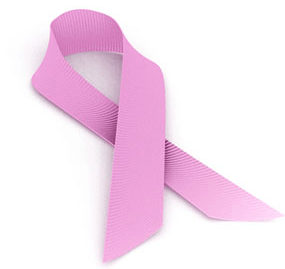Annual cancer deaths to reach one million in Africa by 2030 – Report
 Annual cancer deaths in sub-Saharan Africa (SSA) could reach one million by 2030, nearly double the 520,000 cancer deaths in 2020, according to a new Lancet Oncology Commission’s report.
Annual cancer deaths in sub-Saharan Africa (SSA) could reach one million by 2030, nearly double the 520,000 cancer deaths in 2020, according to a new Lancet Oncology Commission’s report.
The report, launched in Accra on Tuesday, said cancer incidence was also projected to double by 2040 to more than 1.4 million cases per year, without rapid interventions.
It said around 4.2 per cent of all new global cancer cases were estimated to have occurred in SSA in 2020.
In contrast to the USA and Europe, women are more affected by cancer than men in SSA (139.0 vs 119.4 per 100,000), with breast and cervical cancer among the most common types of cancer in the region.
Also, childhood cancer prevalence in the region now stands at 56.3 cases per million and, under current projections, half of the global childhood cancers in 2050 will occur in Africa.
The report stated that limitations in health systems and government support were compounded by socio-cultural factors including a low level of public education and traditional beliefs in that cervical cancer was due to supernatural causes and a means to allow a man to have more than one wife.
Infectious diseases (most commonly viral diseases, including HPV), tobacco use, alcohol consumption in men, and daily high-calorie intake, account for a substantial portion of the cancer burden in SSA.
For example, obesity rates have increased significantly due to the shift to a more Western diet alongside more sedentary lifestyles, jumping by 1400 per cent in Burkina Faso and by more than 500 per cent in Ghana, Benin, Ethiopia, and Togo in the past three decades.
The Commission recognised that major investments in training and recruitment would be in vain if high-income nations such as the United Kingdom continued to entice local staff with more lucrative job offers in the National Health Service.
Also, government cooperation between African states and high-income countries was integral to putting an end to the flight of talent and to improving retention rates.
The Commission sets out a list of actions to make decisive progress towards reducing the burden of cancer in Sub-Saharan Africa including expanding universal health care and investment in cancer registration to provide data for planning purposes.
Mr Kwaku Agyeman-Manu, the Minister of Health, in an address, said the implementation of the recommendations of the Commission was critical in achieving the Sustainable Development Goals in the health sector.
The Minister said the country had already started implementing some of the action plans of the Commission, including the establishment of a cancer unit at Korle Bu Teaching Hospital.
He stated that the Government had incorporated cancer care into the health insurance scheme.
Professor Isaac Adewole, Nigerian former Minister of Health, said accurate and timely screening and early diagnosis could prevent thousands of cancer deaths in Sub-Saharan Africa.
Source: GNA
